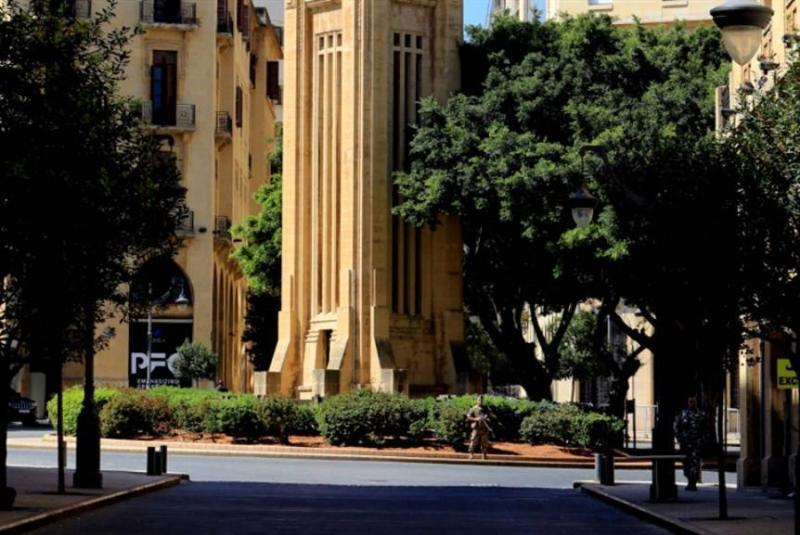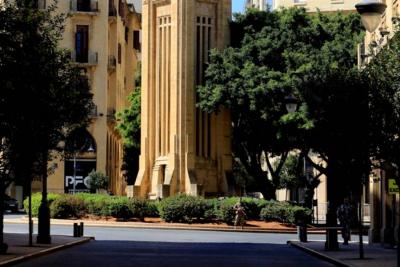Tomorrow, the first legislative session of the new House of Representatives will convene, and it is expected to be one of the last legislative sessions, should the country enter a presidential election phase where the blocs reject what Parliament Speaker Nabih Berri proposed regarding the possibility of continuing legislative work during the presidency. This legislative session comes in isolation from the discussion and approval of the budget, which awaits clarifications from the Ministry of Finance concerning the unification of the exchange rate, and the endorsement of the parliamentary finance committee to proceed with the discussion and approval of the remaining budget items. Concurrently, the monetary authority is implementing some requirements set by the Financial Action Task Force regarding the fight against money laundering and terrorism financing.
Although the agenda includes 40 items, the significant ones do not exceed ten, most notably those required by the International Monetary Fund, which pertain to amendments to the banking secrecy law, expected to entail extensive discussions. Additionally, items related to international agreements that Lebanon needs to engage in to remain in effect, as well as urgent social and food-related matters involving a $150 million World Bank loan for wheat, will also be points of contention based on market needs, smuggling, flour prices, and the price of bread.
Information also indicates that there are recurrent expedited legislative proposals expected to be referred to the relevant parliamentary committees for further study. On the legislative front, the session will begin with an election for the Higher Council for the Trial of Presidents and Ministers. While it is customary for political consensus to precede such elections, the circumstances surrounding the election of the Parliament Speaker, his deputy, the bureau, and committees may lead to some electoral clashes between reformist and opposition forces and various political blocs.
Of course, this issue will not be free from parliamentary positions regarding the relevance of this council, which has proven ineffective in fulfilling its duties throughout the past period. It is worth noting that it has been under scrutiny in recent months due to the port explosion file and accompanying investigations, with several former ministers refusing to appear before the judicial investigator, citing the internal regulations of the Parliament and the Higher Council for the Trial of Presidents and Ministers.
In this context, it has been acknowledged that President Berri held side consultations with several bloc representatives to prevent the submission of incoming papers that typically precede legislative sessions, aiming to mitigate arguments and high-stakes positions during this phase, specifically concerning Bishop Moussa Al-Hajj's case. However, the insistence of deputies to speak may hinder his efforts. The session may be an opportunity for side consultations between ministers and deputies or between Presidents Berri and Najib Mikati or among political blocs.




